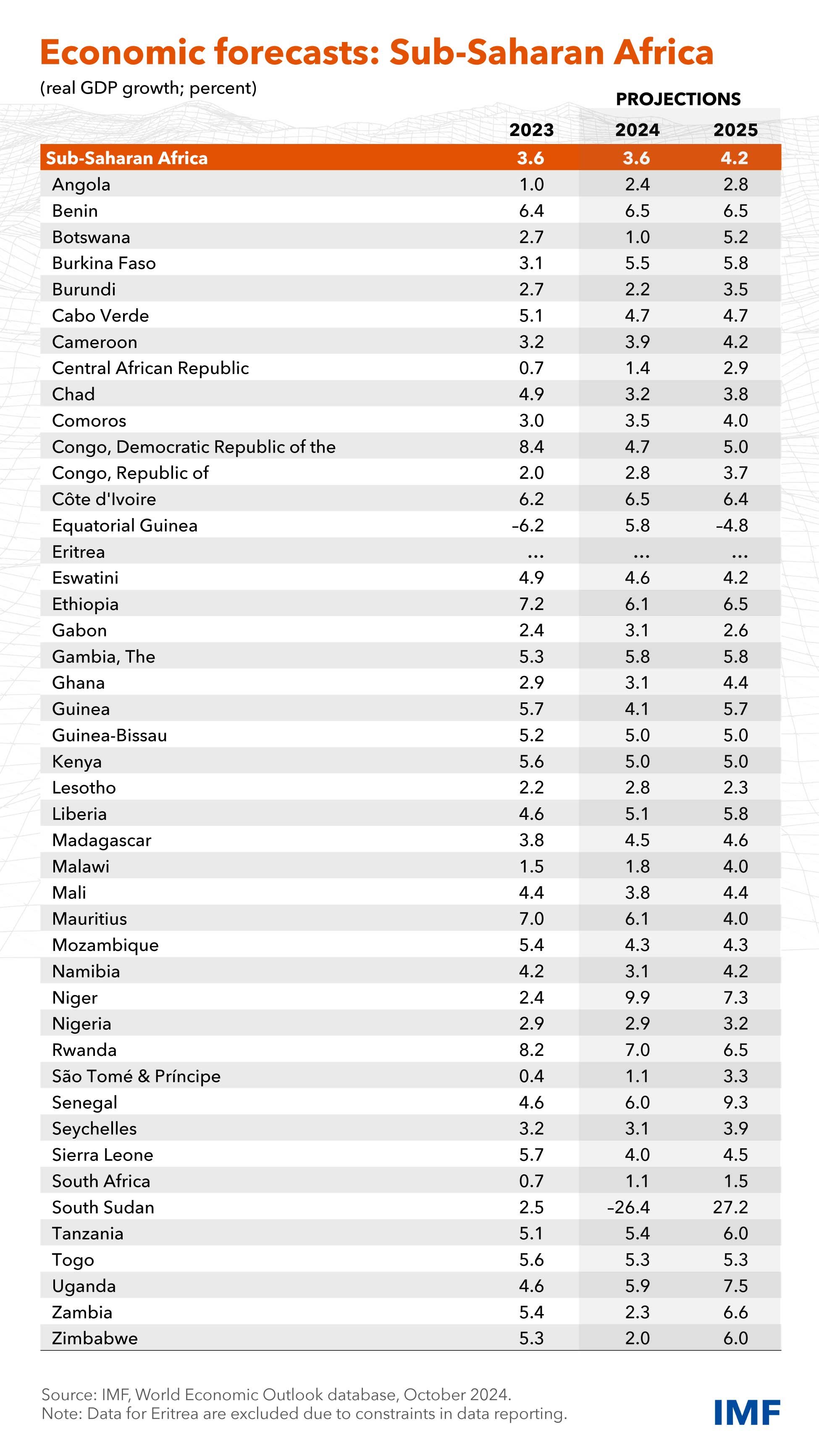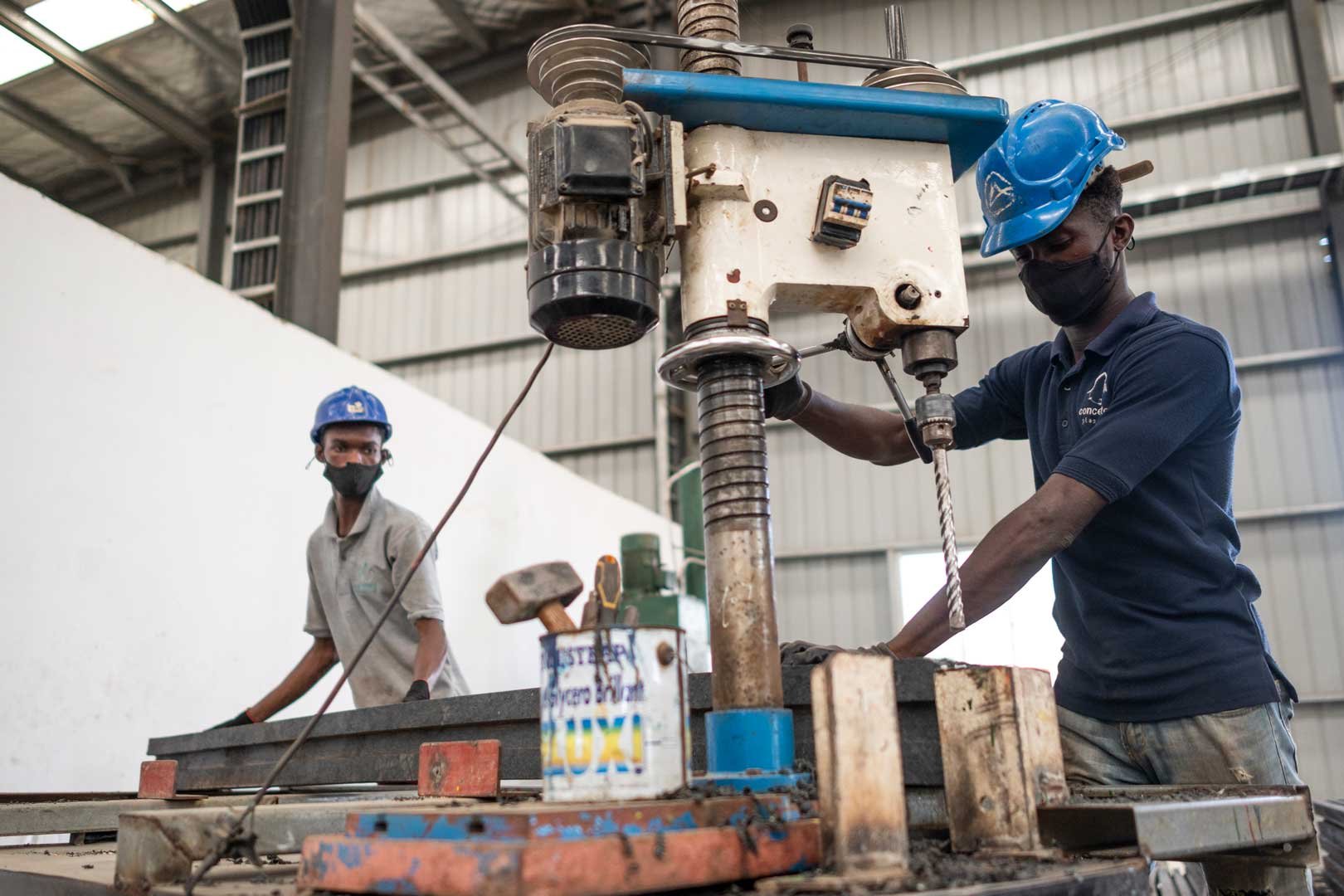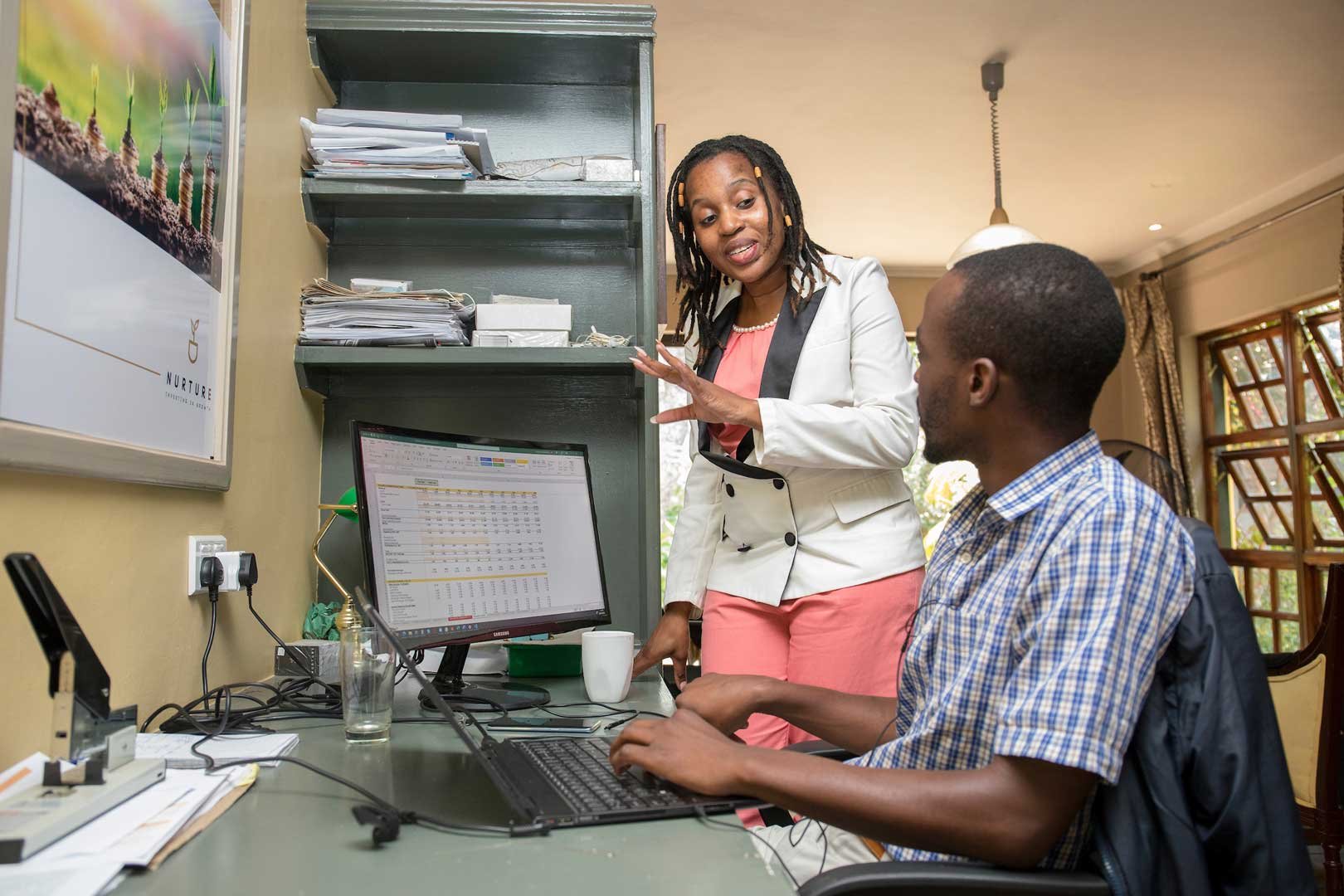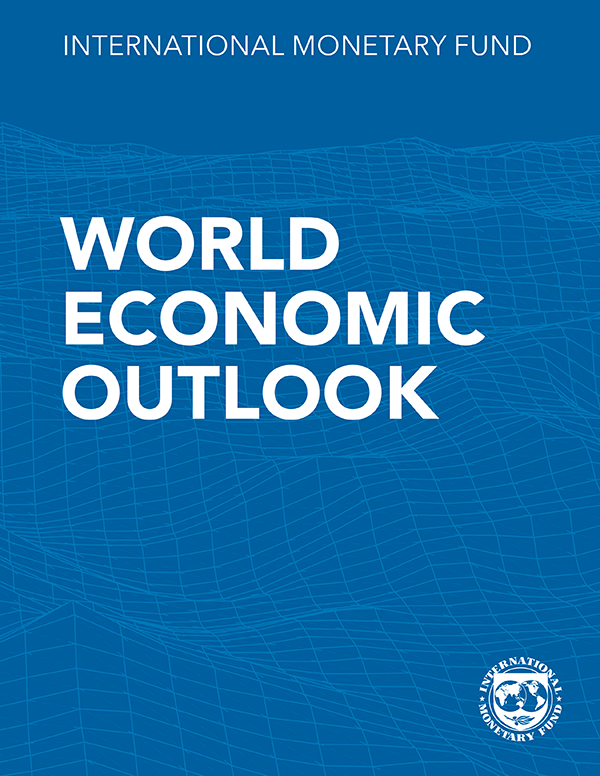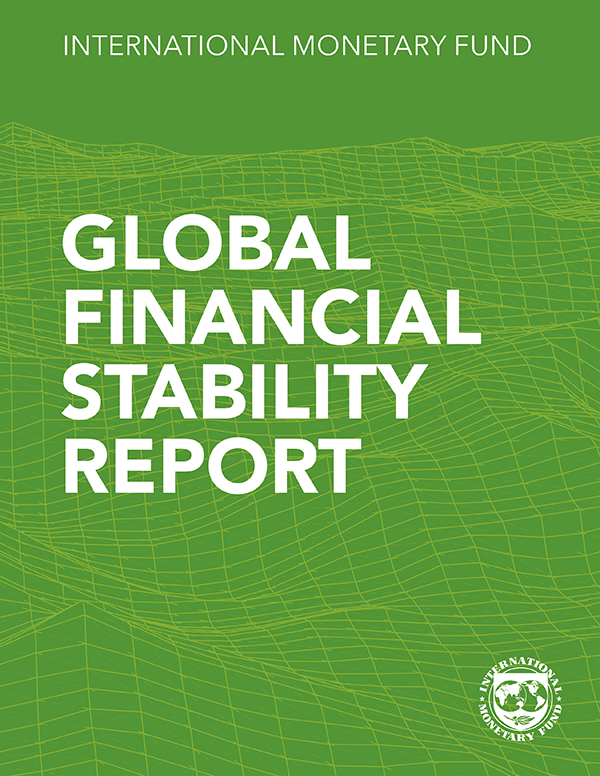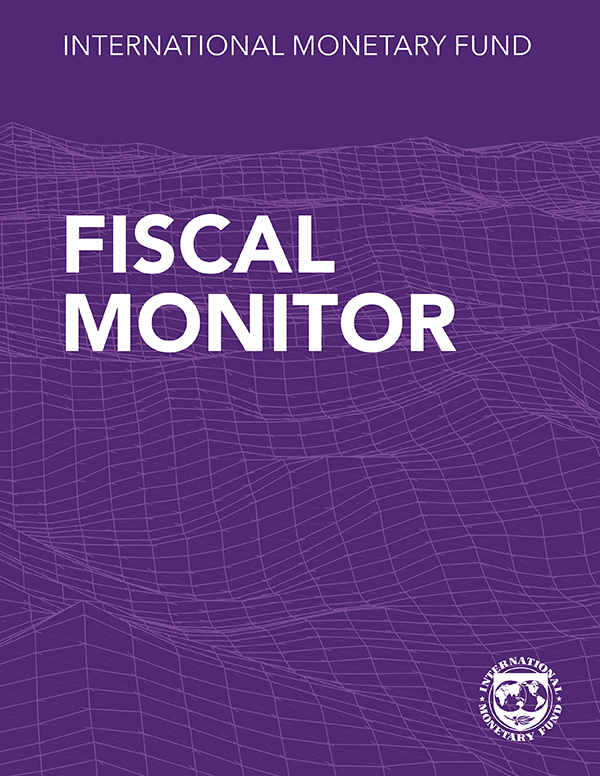Reforms amid Great Expectations
Sub-Saharan African countries are implementing difficult and much needed reforms to restore macroeconomic stability, and while overall imbalances have started to narrow, the picture is varied. Policymakers face three main hurdles. First, regional growth, at a projected 3.6 percent in 2024, is generally subdued and uneven, although it is expected to recover modestly next year to 4.2 percent. Second, financing conditions continue to be tight. Third, the complex interplay of poverty, scarce opportunities, and weak governance--compounded by a higher cost of living and short-term hardships linked to macroeconomic adjustment--are fueling social frustration. Within this environment, policymakers face a difficult balancing act in striving for macroeconomic stability while also working to address development needs and ensure that reforms are socially and politically acceptable. Protecting the most vulnerable from the costs of adjustment and realizing reforms that create sufficient jobs will be critical to mobilize public support.
The Clock is Ticking: Meeting Sub-Saharan Africa’s Urgent Job Creation Challenge
One Region, Two Paths: Divergence in Sub-Saharan Africa
Leveling the Playing Field: Gender Equality and Economic Development in Sub-Saharan Africa
Publications

December 2025
Finance & Development
- More Data, Now What?

Annual Report 2025
- Getting to Growth in an Age of Uncertainty

Regional Economic Outlooks
- Latest Issues



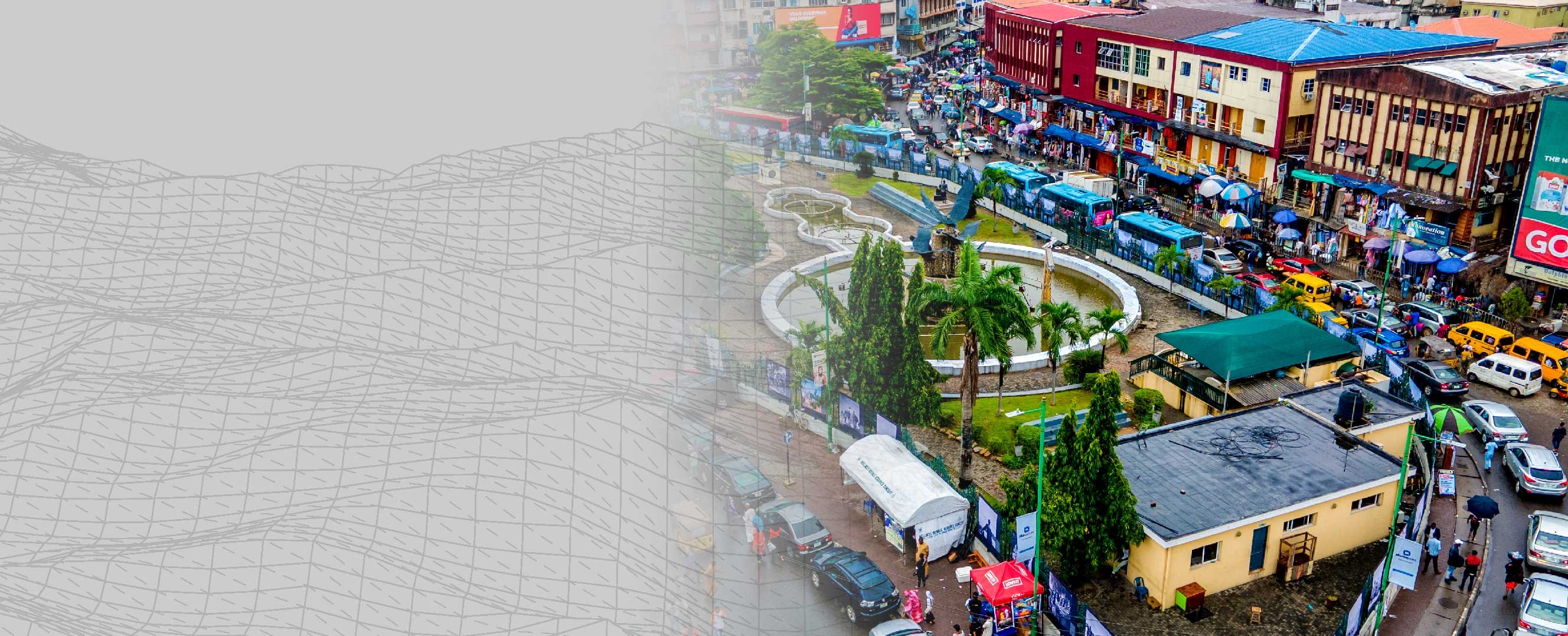
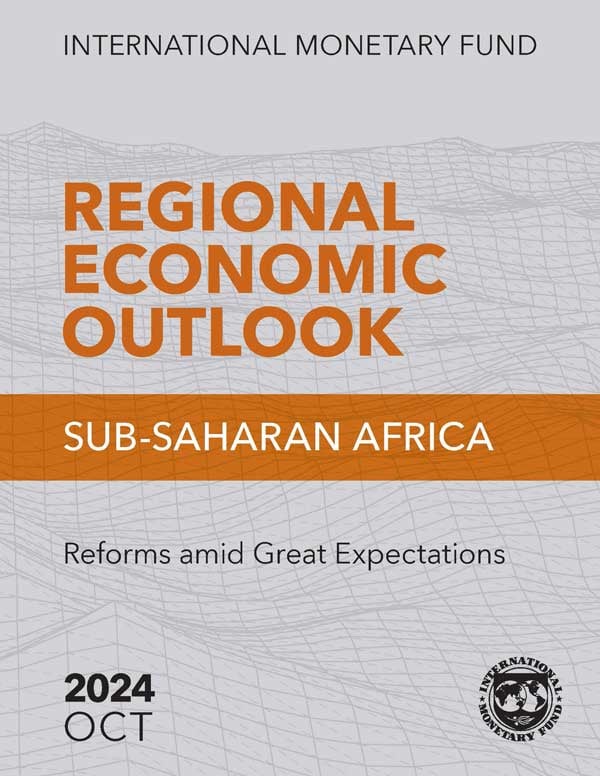
 Country Focus
Country Focus

